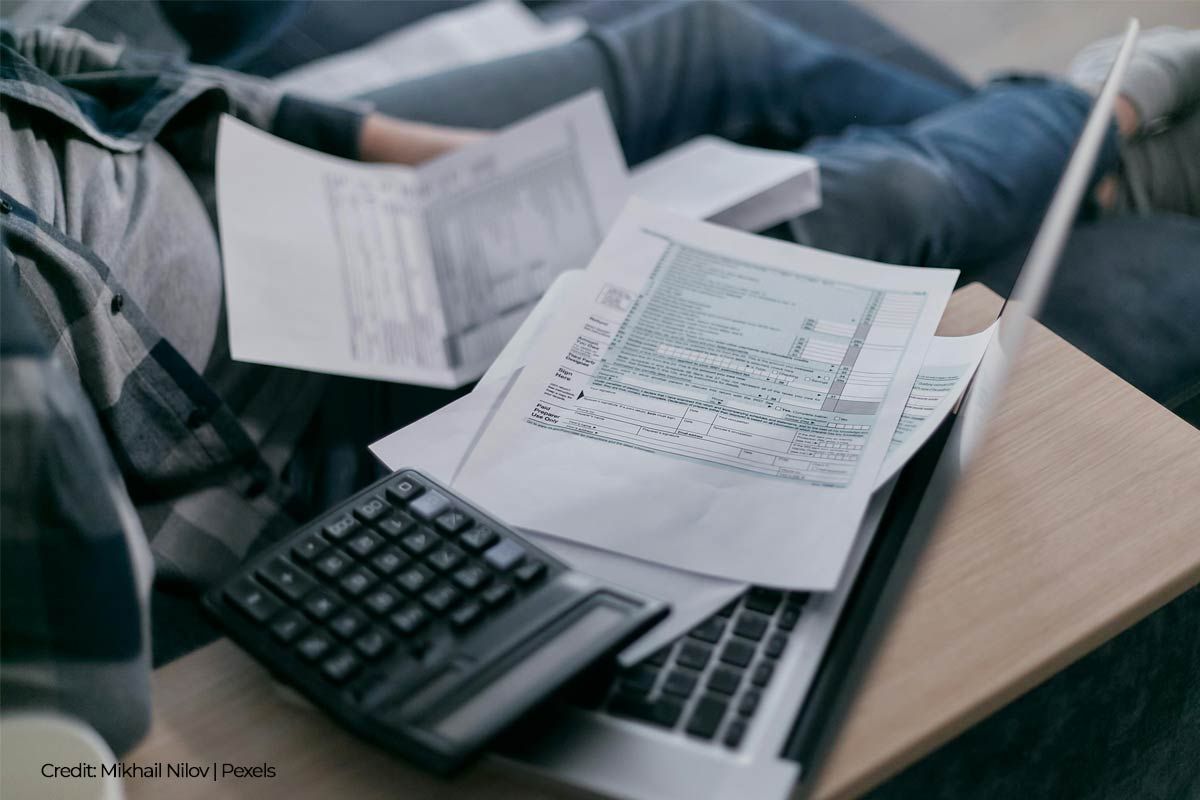Possible Causes of Higher Winter Utility Bills
Several factors can contribute to a significant increase in your winter utility bills:
- Increased Energy Consumption
During colder months, you naturally use more energy for heating your home. This can lead to a significant rise in your electricity or natural gas bill, depending on your heating system.
- Inefficient Heating System
An older or poorly maintained heating system might not be operating at peak efficiency, requiring more energy to maintain a comfortable temperature. Regular maintenance and considering upgrades can improve efficiency and potentially lower your bills.
Inadequate insulation in your attic, walls, or windows allows heat to escape, forcing your heating system to work harder to maintain warmth. Addressing insulation gaps can significantly improve energy retention and reduce heating costs.
Drafts around doors and windows create heat loss, similar to poor insulation. Sealing leaks and gaps can make a noticeable difference in your energy consumption.
Utility companies may adjust energy rates seasonally, with winter rates often being higher due to increased demand. While you can't control this factor, being aware of it can help you budget accordingly.
Solutions to Reduce Your Winter Utility Bills
Don't despair if you're facing a spike in winter utility bills. Here are some proactive steps you can take to regain control of your energy costs:
A slight reduction in your thermostat setting, even by a few degrees, can significantly reduce your energy consumption without sacrificing significant comfort. Consider using a programmable thermostat to automatically adjust temperatures when you're away or sleeping.
Seal air leaks around windows, doors, and other openings using caulk or weather stripping. Consider adding insulation to your attic or crawl space if needed. These measures can significantly improve heat retention and reduce energy usage.
- Upgrade Your Heating System
While it might be a larger initial investment, replacing an old or inefficient heating system with a newer, energy-efficient model can save you money on your utility bills in the long run. Research government rebates or financing options that can help offset the upfront costs.
- Embrace Smart Home Technology
Smart thermostats and other connected devices can help you monitor and manage your energy consumption more effectively. These tools can provide valuable insights into your energy usage patterns and allow you to make adjustments for optimal efficiency.
Heating water contributes to a significant portion of your energy bill. Shorten your showers, fix leaky faucets, and consider installing low-flow showerheads to reduce hot water consumption.
- Wash Clothes in Cold Water
Whenever possible, opt for cold water washes for your laundry. This can significantly reduce the energy required to heat water for your washing machine.
Let sunlight to naturally heat your home by opening your curtains and blinds during the day. This reduces reliance on your heating system during sunny periods.
- Consider Alternative Heating Sources
If you have a fireplace, using it strategically can supplement your main heating system and potentially lower your energy bills. However, ensure proper ventilation and fire safety practices when using a fireplace.
Financial Assistance Programs (if applicable in your area)
Some regions offer government assistance programs to help low-income households manage winter heating costs. Research programs available in your area and inquire about eligibility requirements.
Short-Term Financial Solutions
If a sudden spike in winter utility bills creates a temporary financial strain, opting for short-term financial solutions might be necessary. However, it's crucial to approach these options with caution and responsibility.
While readily available,
same-day loans in Canada often come with higher interest rates and shorter repayment terms. Use them only for emergencies and with a clear plan to repay the loan promptly to avoid accumulating debt.
These loans, offered by providers like Lamina, can provide more manageable repayment options compared to payday loans. However, borrowing should always be a last resort. Ensure you can comfortably afford the monthly repayments before committing to an
installment loan.
Long-Term Financial Planning
While addressing immediate utility bill concerns is important, it's equally crucial to focus on long-term financial planning. This includes:
A well-defined budget can help you track your income and expenses, allowing you to allocate funds effectively and avoid overspending.
- Building an Emergency Fund
An emergency fund can provide a financial safety net for unexpected expenses, including higher-than-expected utility bills.
- Improving Your Credit Score
A good credit score can qualify you for better interest rates on loans and credit cards, which can be beneficial if you need to borrow money for home improvements or other expenses.
- Installing Energy-Efficient Upgrades
While some energy-efficient upgrades require an initial investment, they can lead to significant long-term savings on your utility bills. Consider upgrading your insulation, windows, or heating system if your budget allows.
Taking Control of Your Energy Costs







